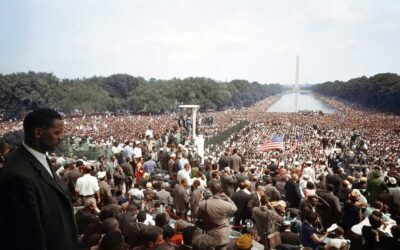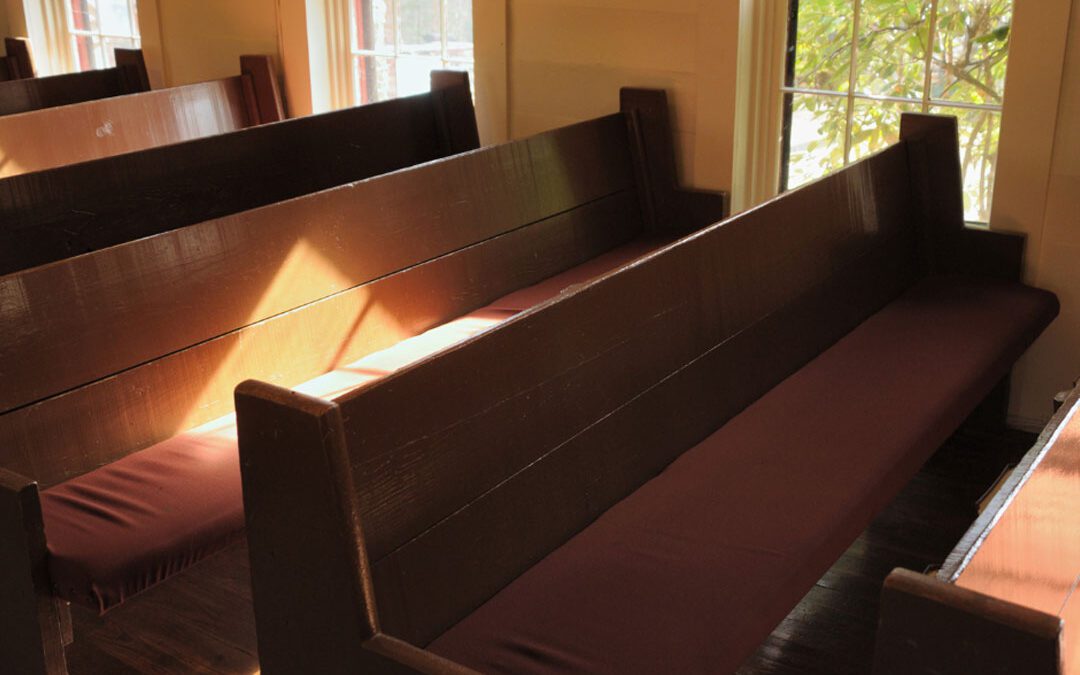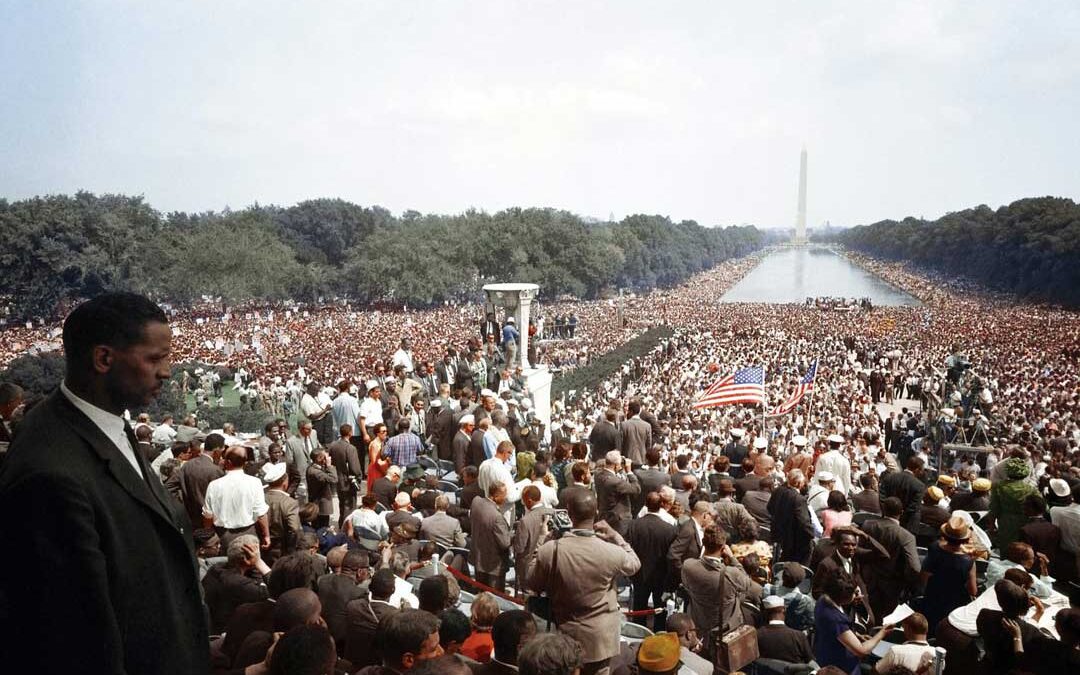White People Often Engage Racism as an Idea, Not an Experience. To illustrate, I recently had a day-long misunderstanding with a coworker. We were working in different locations on the same project, collaborating with multiple people. I was relaying comments from a man named Jason. My coworker could not make any sense of what I was saying, telling me that Jason had told him something completely different. It took us all day to realize we were talking about different Jasons.
Misunderstandings happen. And they happen a lot, too, when we talk about race. These conversations are some of the most contentious, difficult conversations folks have, even between Christians. Why is that?
One reason is that we come to these conversations with vastly different experiences. I am not suggesting that truth is created by or dependent on experience, but none of us possess a perfect objectivity that could only come from omniscience. All of our views, whether on politics, race, or any other complicated topic, are shaped in some way by our experience. The books we read, the scholars we respect, the way people have treated us in everyday life—all of these experiences shape our minds.
This is where it gets tricky with race. White folks, such as myself, generally do not experience the receiving end of racism. Now, I want to be really clear. If you’ve had racist remarks said to you, my white brother or sister, that is wrong. I lament it. At the same time, the asymmetry of our society typically lessens the blow for any ethnic partiality you may have endured. That means for white people, we often engage racism as an idea only rather than an experience.
What do we do with ideas? We evaluate them. We test them. We think about them in the abstract, poking and prodding to evaluate the truthfulness of claims against what we previously understood to be true.
When my minority friends think about racism, they aren’t thinking in abstractions. They think about things that have happened to them and those they love. They think about racism, the experience and concrete expressions of it.
Say my wife comes to me, relaying a bad experience she had at our local grocery store. I would be a bad husband if I responded by saying that based on what I know of that grocery store and my experience with it, she must be mistaken about what happened. By prioritizing my preconceived notions over my wife’s experience, I fail to love her well.
White Christians need to remember this difference when discussing race with our minority brothers and sisters. The more we lack experience, the more we rely on abstracted ideas. That can make us insensitive. We can poke and prod at a friend’s experience, evaluating the claim based on what we understand to be true about society. We need to remember to be quick to listen, quick to care, and slow to take offense and defend ourselves.
I often hear the argument that evidence for racism today is purely anecdotal. But these dismissals of experiences of racism are themselves based on experience, but this time experiences that rarely, if ever, endured or witnessed racism. It can be hard for us to believe in the widespread existence of something we have never experienced without humbly listening to the experience of others.
This is not a call to abandon discernment. But as we discern, let us not abandon compassion. We may not always agree on the existence of racism in society or the extent to which it still affects us, but let us compassionately hear the experiences of others. We can begin to have these important conversations without this layer of misunderstanding getting in the way. Let us not love our political narratives of our nation more than we love our friends. Let us talk to our friends with the humility that cares even when it does not understand. And let us pray that God give us all wisdom and grace as we keep loving each other.
Prayer Requests:
- Pray that God would give you friends who can challenge you when you need it.
- Pray that God makes you a better listener (who doesn’t need that?)
- Pray that compassion and Philippians 2 humility would mark the people of God in increasing measure.












